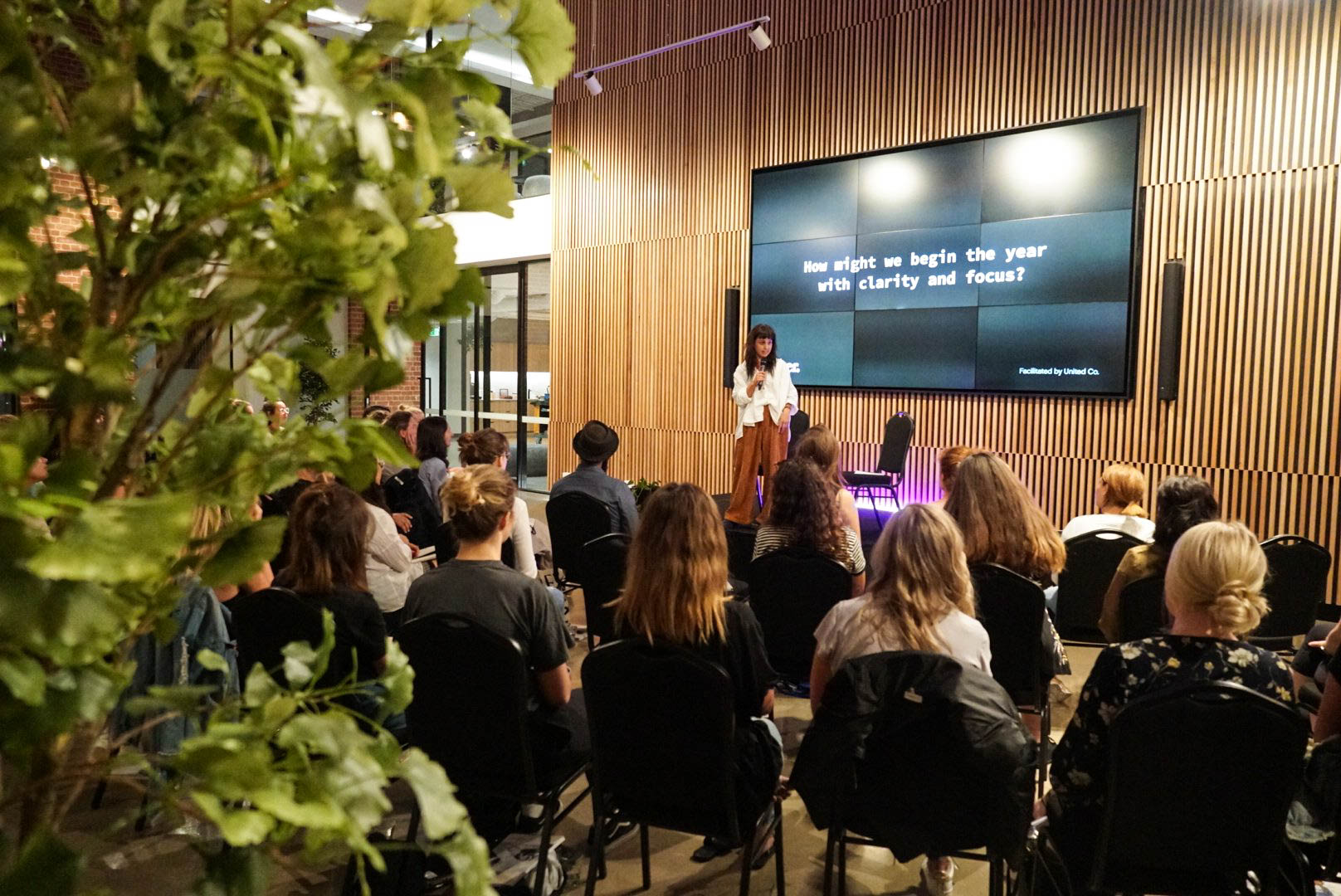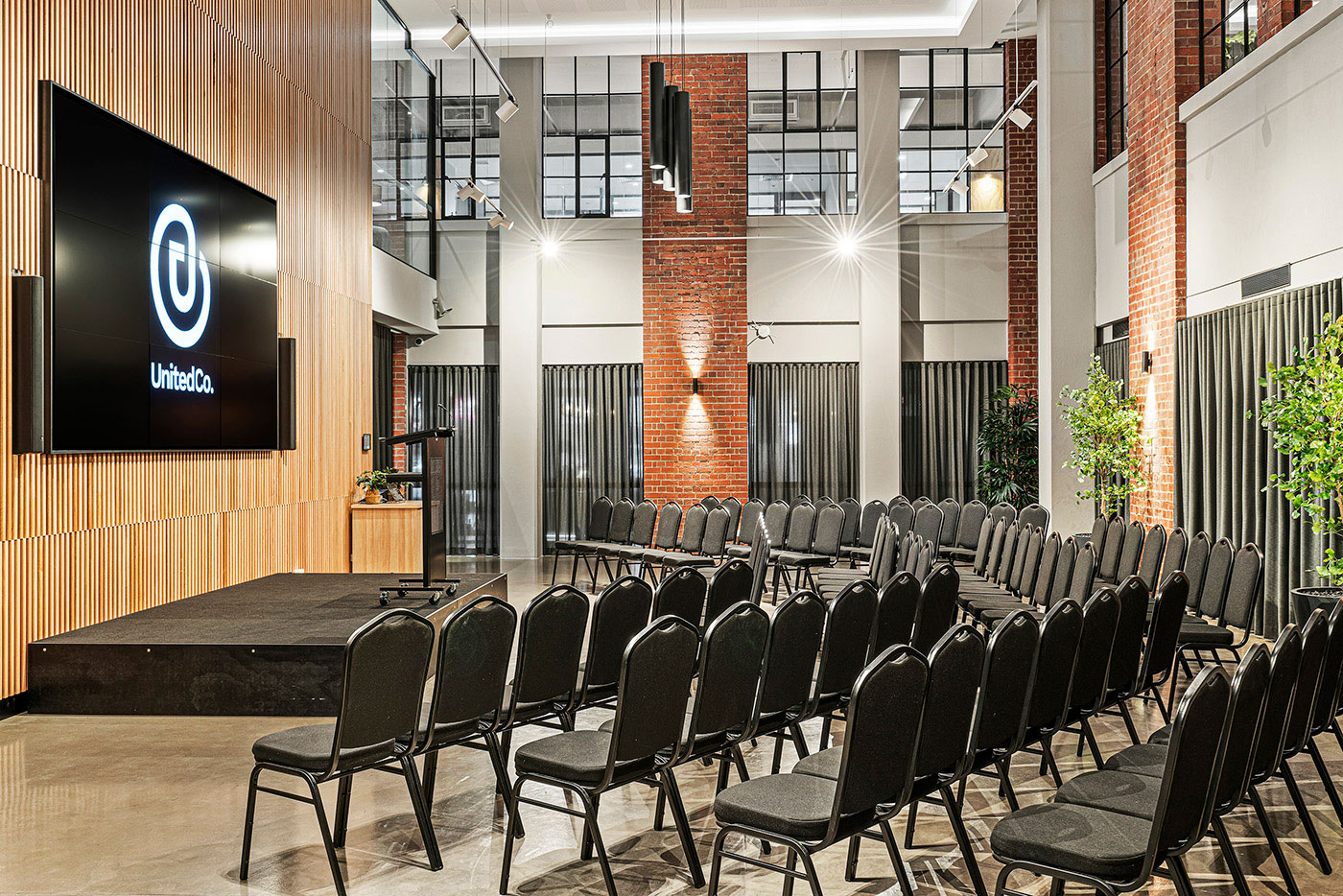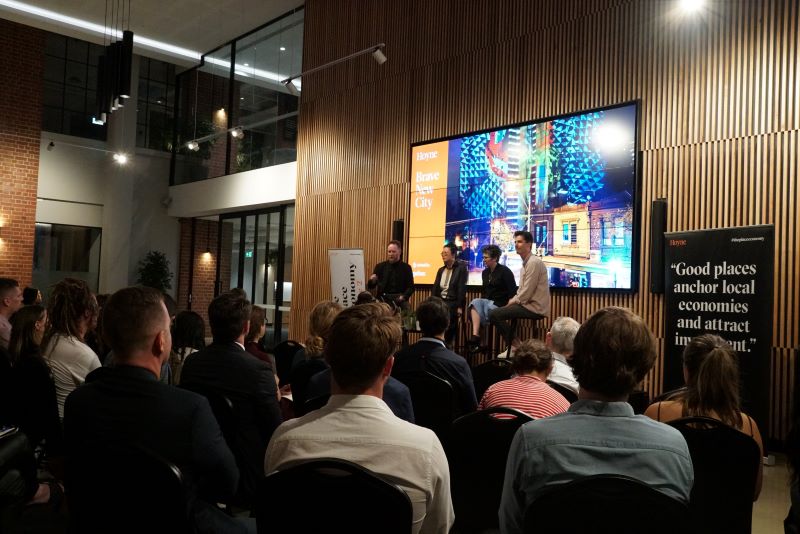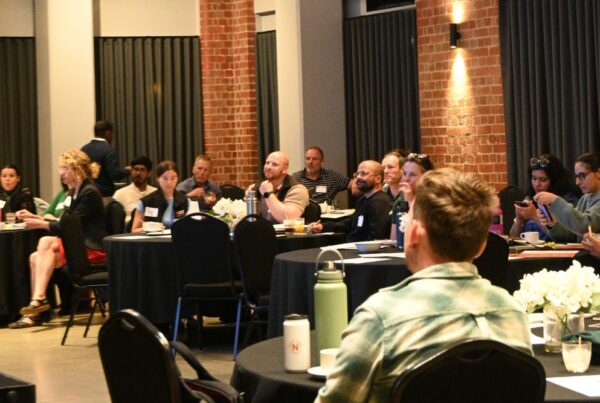
The professional landscape is evolving rapidly, requiring individuals and teams to continuously adapt and expand their expertise. One of the most effective ways to foster growth and innovation is through skill sharing workshops and structured sessions where professionals exchange knowledge and insights within their teams or broader industry networks. These workshops create an environment of continuous learning, strengthen collaboration, and encourage creative problem-solving.
Businesses that invest in skill sharing workshops not only cultivate a more knowledgeable workforce but also empower employees to take ownership of their professional development. Whether conducted internally or with guest speakers, these workshops can enhance productivity, boost employee engagement, and provide practical skills that drive business success.
The Benefits of Skill-Sharing Workshops
Incorporating skill sharing workshops into workplace culture offers a range of advantages for both individuals and organizations. Here are some key benefits:
Encourages Continuous Learning
Skill sharing workshops create opportunities for professionals to stay ahead of industry trends, learn new tools, and refine their expertise. In fast-moving sectors like technology, marketing, and design, continuous learning is essential for staying competitive. Providing employees with structured opportunities to upskill ensures that teams remain agile and well-equipped to handle industry shifts.
Boosts Team Collaboration
When colleagues share their skills and expertise, it fosters a culture of collaboration. Employees gain a deeper understanding of each other’s strengths and contributions, leading to more effective teamwork. Cross-functional skill sharing can be especially valuable, as it allows employees from different departments to learn from one another, breaking down silos and promoting interdepartmental cooperation.
Enhances Problem-Solving Abilities
Diverse expertise leads to innovative solutions. By learning new perspectives and strategies, professionals develop the ability to approach challenges more creatively. Skill sharing workshops provide a platform for brainstorming, troubleshooting, and knowledge exchange, which can lead to more efficient and effective problem-solving across teams.
Increases Employee Engagement & Retention
Employees who feel supported in their growth and development are more likely to stay engaged and committed to their organization. Investing in skill sharing workshops demonstrates a company’s dedication to employee success, resulting in higher job satisfaction and lower turnover rates. Employees who feel valued and empowered are more likely to contribute their best work.
Read More About Why Zero Waste Business Events Matter & How to Plan One
How to Organize a Successful Skill-Sharing Workshop

A well-planned skill sharing workshop ensures that participants gain valuable insights and practical takeaways. Here’s how to create an engaging and productive session:
1. Identify Relevant Topics
The success of a skill sharing workshop depends on selecting topics that resonate with participants. Consider industry trends, internal knowledge gaps, and employee expertise when choosing workshop themes. Gathering input from potential attendees through surveys or brainstorming sessions can help ensure that the topics are aligned with their professional interests and needs.
2. Select the Right Format
Choosing the appropriate workshop format is key to maximizing engagement. Interactive discussions, hands-on demonstrations, and panel-style sessions all offer unique benefits. Additionally, offering hybrid options, where attendees can join in person or virtually, ensures accessibility and accommodates diverse schedules.
3. Encourage Employee & Guest Expert Participation
Encouraging employees to share their expertise builds confidence and strengthens a knowledge-sharing culture within the organization. Businesses can also invite guest speakers or industry leaders to provide fresh perspectives and specialized insights. A mix of internal and external presenters can add variety and depth to the learning experience.
4. Use Engaging Teaching Methods
Simply lecturing on a topic isn’t enough to maintain interest. Incorporating live demonstrations, group exercises, and Q&A sessions keeps attendees actively engaged. Case studies and real-world applications help participants see the immediate relevance of the knowledge being shared, making the learning experience more impactful.
5. Provide Resources & Follow-Ups
To ensure long-term benefits, provide participants with post-workshop resources such as slides, reading materials, and video recordings. Encouraging follow-up discussions and networking opportunities allows attendees to continue the conversation, share insights, and apply what they’ve learned in their roles.
Read More About Networking Tips for Professionals to Build Meaningful Connections
Best Practices for Hosting Skill Sharing Workshops Across Industries
Skill sharing workshops are highly adaptable and can be tailored to suit various professional fields. Here are some examples of how different industries can leverage them effectively:
Tech & Digital Marketing
The fast-paced nature of technology and digital marketing requires professionals to constantly update their knowledge and refine their technical skills. Workshops focused on coding, data analytics, user experience (UX) design, and search engine optimization (SEO) provide teams with cutting-edge insights to stay competitive. These sessions help professionals navigate evolving industry trends, adopt the latest tools and techniques, and develop strategic problem-solving abilities. Interactive coding boot camps, hands-on UX design exercises, and in-depth SEO strategy discussions can equip teams with the expertise needed to drive digital transformation.
Business & Entrepreneurship
For professionals looking to strengthen their business acumen, skill sharing workshops in leadership development, financial literacy, and startup strategy offer practical knowledge to navigate business growth and management challenges. Leadership training workshops help professionals refine communication skills, enhance decision-making abilities, and cultivate a strong company culture. Financial literacy workshops equip entrepreneurs and business owners with the tools needed to manage budgets, forecast revenue, and understand investment strategies. Startup strategy workshops, on the other hand, provide insights into market analysis, funding opportunities, and scaling techniques, ensuring businesses are well-positioned for long-term success.
Creative & Design Fields
In industries such as branding, advertising, and multimedia, creative professionals rely on skill-sharing workshops to sharpen their artistic and technical abilities. Workshops focused on graphic design, video production, and storytelling provide hands-on experience and industry best practices that enhance creative output. Graphic design workshops may cover advanced software techniques, typography principles, and visual branding strategies, while video production workshops can include cinematography fundamentals, editing techniques, and storytelling frameworks. Content creators, advertisers, and designers can benefit from collaborative sessions that help refine their craft, generate new ideas, and improve the overall quality of their work.
Wellness & Productivity
Employee well-being is a crucial factor in workplace performance and job satisfaction. Skill sharing workshops focused on mindfulness, time management, and stress reduction can support mental and physical wellness, leading to a more balanced and productive work environment. Mindfulness workshops teach professionals techniques for reducing stress, improving focus, and maintaining emotional resilience in high-pressure situations. Time management workshops offer practical strategies for prioritizing tasks, setting achievable goals, and optimizing daily productivity. Stress reduction workshops may include relaxation exercises, guided meditation, and techniques for maintaining work-life balance. Organizations that integrate wellness-focused skill-sharing sessions into their professional development initiatives often see improvements in employee engagement, retention, and overall workplace satisfaction.
Read More About Enhancing Innovation and Problem-Solving Through Cross Functional Team Collaboration
Skill sharing workshops are a powerful tool for fostering innovation, enhancing teamwork, and supporting professional development. Whether focusing on technical skills, leadership, or creative disciplines, these workshops create a collaborative learning environment that benefits both individuals and organizations.
If you’re looking for a venue to host your next skill sharing workshop, United Co. offers state-of-the-art facilities designed to support interactive and engaging learning experiences. Explore our flexible event spaces and start fostering knowledge-sharing in your team today.







